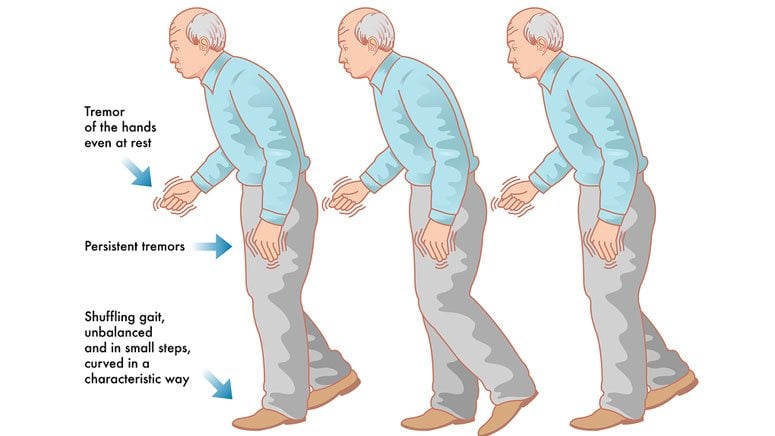Overview

This is also referred to as (multi-infarct) Parkinsonism. This condition results from the development of problems in the vessels of the brain that control small strokes and movement. This health issue has some similarities with Parkinson’s disease but they are not the same. It is not considered a progressive neurodegenerative disease because vascular damage occurs from small strokes which occurred previously and not from the total loss of brain cells that produce dopamine. The symptoms of vascular Parkinsonism mostly affect the lower part of the body, resulting in balance problems and stiffness of the muscles. There are other types of Parkinsonism, such as:
- Normal pressure Hydrocephalus: this is relatively rare. It is a neurological disorder that leads to dementia [1]. This condition leads to impaired control of the bladder and walking abnormalities.
- Drug-induced Parkinsonism: this occurs due to the usage of certain drugs like antidepressants and anticonvulsants [2]. The tremor caused by this health issue leads to uncontrollable movement of parts of the body.
- Multiple system atrophy: this is also a rare neurological disorder that impairs the functions of involuntary parts of the body like blood pressure, digestion, bladder function, and heart rate.
- Progressive supranuclear palsy: this is an uncommon brain disorder that results from damage to cells in parts of the brain that controls thinking and body movement.













